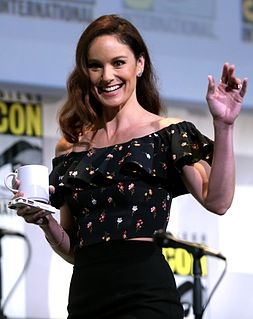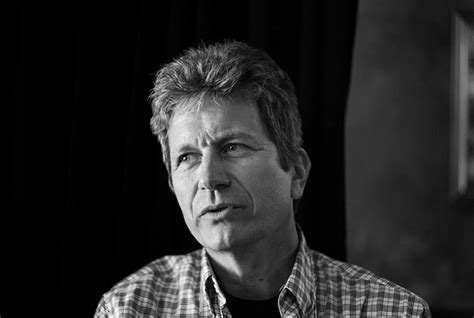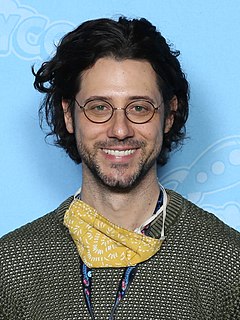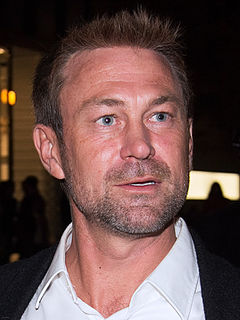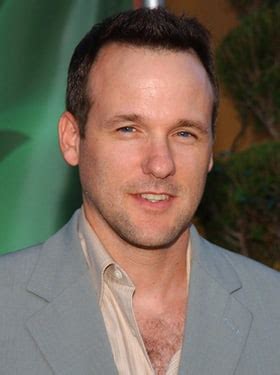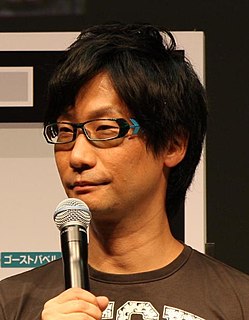A Quote by Sarah Wayne Callies
What serialized cable dramas have given us is the opportunity to not simply tell the same story with slightly different words and different costumes, every week. people are really mining the ability of storytellers to tell a long form story that goes from A to Z, and to trust that an audience will follow that. If they miss it, over the course of the week, they can watch it online or buy the DVD. There are so many different ways of interacting with it. Storytelling in television is getting more complex and more nuanced.
Quote Topics
Ability
Audience
Buy
Cable
Complex
Costumes
Course
Different
Different Way
Different Ways
Dramas
Every
Follow
Form
Getting
Given
Goes
Interacting
Long
Many
Mining
Miss
More
Online
Opportunity
Over
People
Really
Same
Same Story
Simply
Slightly
So Many Different Ways
Story
Storytellers
Storytelling
Television
Tell
Trust
Us
Watch
Ways
Week
Will
Words
Related Quotes
It's hard to tell if anyone's interested in reading a serialized story. But it's interesting to put in a cliffhanger each week. That was popular in old comic strips. They'd write a weekend story different from the daily strip. So people follow one story day to day, and a separate story on weekends. If you read them, you think "I'll read two more." Then you're like "I gotta find out!" And you read 500 more.
With all of this new technology at our hand, there is much more opportunity to show and to allow the audience to take in bits of the story on a more subliminal level, as well as the more expository, simply because they are getting things from different ways. It is really interesting to see where that can go.
Television is what we call the long form of storytelling, where we tell stories over thirteen, twenty-two, or twenty-four hours. Miniseries is an eight-hour form of storytelling, and film is a two-hour form. Each and every one of them are important to me, because they're a different modality of storytelling.
I'm such a huge fan of television and what's happening in television, right now. You are able to visit characters and visit a story, week to week, push things in a different way than you can in a film, and you are able to go deeper, simply because you have more time. I'm just excited to do that. It's always good to do new things.
It's only a story, you say. So it is, and the rest of life with it - creation story, love story, horror, crime, the strange story of you and I. The alphabet of my DNA shapes certain words, but the story is not told. I have to tell it myself. What is it that I have to tell myself again and again? That there is always a new beginning, a different end. I can change the story. I am the story. Begin.
Really there's different scales of stories. Sometimes you want to tell one that 20, 30, 40, 50 million people will want to see and hear. Sometimes you do one that you know 150 will want to see on one night. As long as you're telling the right story for the right audience and they're getting something out of it it's essentially the same feeling to me.
